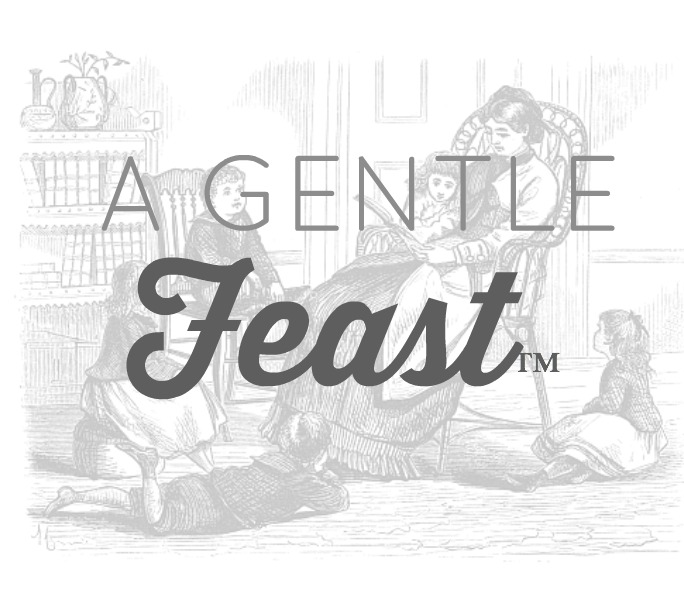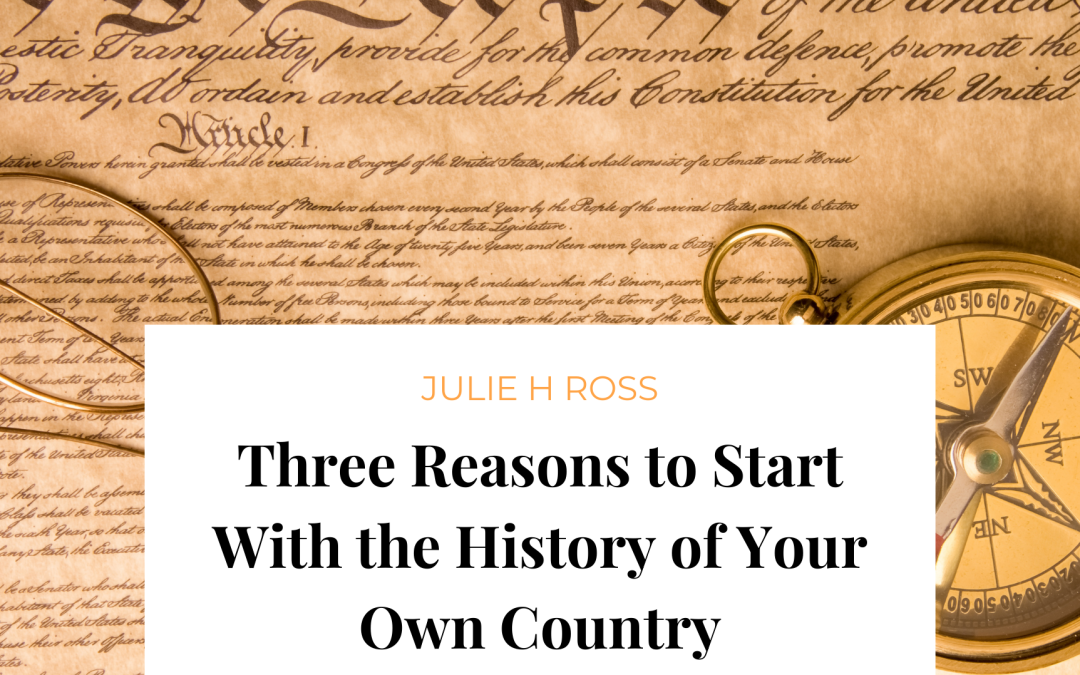When embarking on the homeschooling journey, the vast expanse of history can seem daunting. Should you dive into the fascinating tales of ancient Egypt, Greece, and Rome, or should you start closer to home? According to Charlotte Mason, beginning with the history of your own country offers several significant benefits. Here are three compelling reasons why this approach is advantageous for young learners.
1. Building a Foundation of Relatable Stories
Charlotte Mason believed that children learn best through living books and narratives that resonate with their experiences. By starting with the history of their own country, children can connect more easily with the stories, places, and people they learn about. These stories are often intertwined with familiar landscapes, traditions, and values, making the learning experience richer and more meaningful.
For example, learning about the pioneers, founding fathers, or significant national events can spark curiosity and a sense of connection. These stories provide a solid foundation upon which to build an understanding of more complex historical contexts, such as those found in ancient history. By grounding children in their own cultural and historical background, they can better appreciate and understand the broader scope of world history as they grow.
“It is a great thing to possess a pageant of history in the background of one’s thoughts. For the child, himself is a principal actor in the pageant, and therefore, the history which interests him must be modern history.” — Charlotte Mason, Home Education, Volume 1, p. 292
2. Fostering a Sense of Identity and Belonging
Understanding one’s own history fosters a sense of identity and belonging. Charlotte Mason emphasized the importance of children knowing where they come from to develop a strong sense of self and community. Learning about the history of their own country helps children understand their place in the world and the legacy of those who came before them.
This sense of belonging is crucial for developing a well-rounded worldview. When children see themselves as part of a larger narrative, they are more likely to develop empathy, responsibility, and a sense of stewardship for their community and country. This foundational knowledge sets the stage for a more profound and respectful engagement with the histories and cultures of other nations as they progress in their studies.
“The knowledge of the past which goes to the making of a man is the knowledge of his own country, his own people, and his own history.” — Charlotte Mason, Towards a Philosophy of Education, Volume 6, p. 170
3. Shielding Young Minds from Complex and Mature Themes
Ancient history is not only rich with complex concepts but also involves exposure to pagan religions and often violent cultures. These themes can be challenging for young children to process and understand appropriately. Introducing such mature content too early can be overwhelming and potentially confusing for young learners.
Charlotte Mason advocated for a gradual approach to education, where children start with simpler, more concrete concepts before moving on to more abstract ideas. By beginning with the history of their own country, children can first grasp fundamental historical concepts such as timelines, cause and effect, and the significance of historical events and figures without confronting the more mature themes present in ancient history.
Shielding young minds from the violence and religious complexities of ancient cultures allows them to build a strong moral and ethical foundation within the context of their own cultural and historical background. As they mature, they will be better equipped to understand and critically engage with the diverse and sometimes challenging aspects of ancient civilizations.
But won’t my child be confused if we don’t start at the very beginning of human history?
Young children often lack the abstract reasoning skills needed to understand the progression of time or events, people, and places from long ago. This cognitive development happens gradually, and children benefit from a more concrete and relatable starting point in their learning journey.
By beginning with the history of their own country, children can better grasp the sequence of events and the passage of time through stories that are closer to their own experiences. This approach helps them build a solid understanding of historical timelines and causality, which are crucial for later studies in ancient history.
Starting with the history of their own country aligns with Charlotte Mason’s philosophy of education, which emphasizes meaningful connections, a sense of identity, and a gradual introduction to complex ideas. By grounding young learners in the rich tapestry of their own national history, we lay a solid foundation for them to explore the broader world with curiosity, confidence, and a deep appreciation for the diverse narratives that have shaped human civilization. By waiting to introduce ancient history, including its pagan religions and often violent cultures, we ensure that children are developmentally ready to engage with these complex themes in a thoughtful and meaningful way. So, let’s begin our historical journey at home, where the stories are not only fascinating but also deeply personal and relevant.
Want to know more about how Charlotte Mason approached history? See this post.
Ready to dive into American History that you can approach as entire family? Check out the award winning products from A Gentle Feast.

